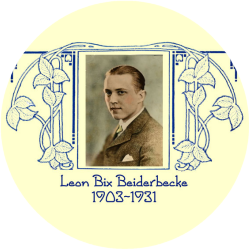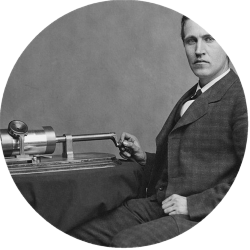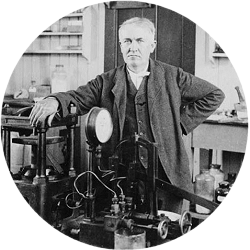Becom A Contributor
Would you like to write for OldPhono? Do you have special knowledge to contribute?
We always welcome articles and information that contribute information and/or entertainment to the general phono collecting community! If you would like to contribute, simply contact us with your content and we can post it.
If you would like to advertise a product or service in a related field, contact us with your information for review.
The Old Phono Blog

For over half a century, dedicated fans have dreamed of a permanent museum and archive to preserve the memory of the world-famous Bix Beiderbecke and his music. The long-planned Bix Beiderbecke Museum and Archive opened to the public on Monday, July 24, 2017, in its new home at the River Music Experience in Bix’s hometown of Davenport, Iowa.

The Discography of American Historical Recordings (DAHR) is a database of master recordings made by American record companies during the 78rpm era. It is part of the American Discography Project (ADP)—an initiative of the University of California, Santa Barbara and the Packard Humanities Institute that is edited by a team of researchers based at the UCSB Library. These files are now available for download and provided free for personal use.

To the question “When were recordings invented?”, we might be tempted to answer “1877” – the year when Thomas A Edison was first able to record and playback sound with a phonograph. But what if we think of recordings not as mere carriers of sound, but as commodities that can be bought and sold, as artefacts capable of capturing and embodying values and emotions; of defining a generation, a country or a social class? The story then becomes one that unfolds over three decades and is full of many layers and ramifications.





